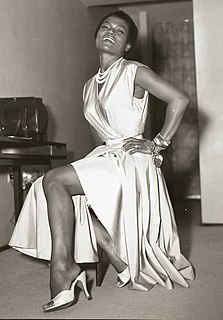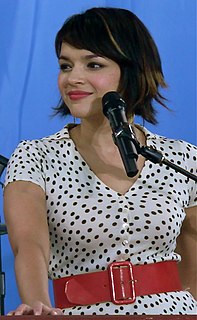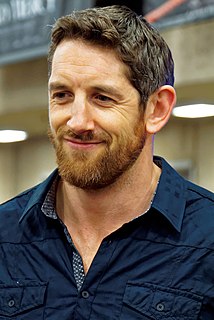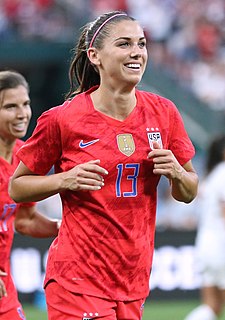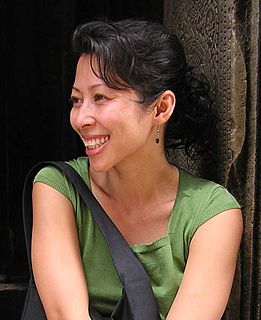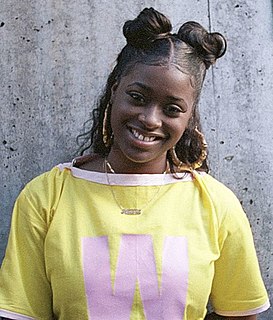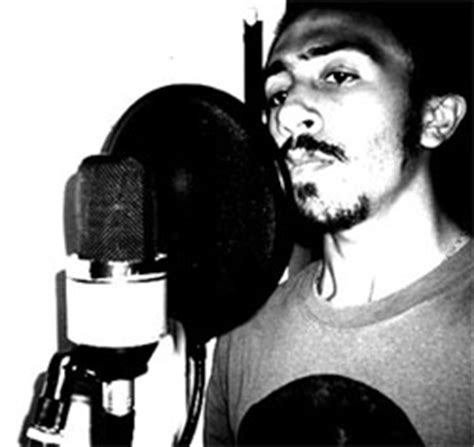A Quote by Eartha Kitt
The boys that were running away from America because they didn't want to get involved with the Vietnam War had come to me. They would tell me how they felt.
Related Quotes
Most of the boys would come with bits of equipment that their fathers had given them from their war days - helmets, canteens, binoculars, these kinds of things - that leant a kind of authenticity to the games we were playing. But, of course, my father never gave me anything. So I began to question him. You know, Why don't you have anything from the war? And I think he was...embarrassed to tell me he hadn't fought, because, you know, little boys want to turn their fathers into heroes, and he didn't want to be diminished in my eyes.
Come away with in the night
Come away with me
And I will sing you a song
Come away with me on a bus
Come away where they can't tempt us
With there lies
I want to walk with you
On a cloudy day
In fields where the yellow grass grows
Knee-high
So won't you try to come
Come away with me and we'll kiss
On a mountain top
Come away with me
And I'll never stop loving you
And I want to wake up with the rain
Falling on a tin roof
While I'm safe there in your arms
So all I ask is for you
To come away with me in the night
Come away with me.
I rarely felt or noticed any real divide between girls and boys when I was growing up. Maybe it was because I was so involved in sports and competed with the boys. Maybe it was my mom and dad, who constantly instilled confidence in me and never made me feel as though there were boy activities and girl activities.
When I arrived in America, though I had left the war physically far behind, in my mind, the soldiers were still chasing to kill me, my stomach was always hungry, and my fear and distrust kept me from opening up to new friendships. I thought the war was over when I left Cambodia, but I realize now that for survivors and all those involved, the war is never over just because the guns have fallen silent.
When John Kennedy was assassinated I was twenty-three, a stockbroker on Wall Street and married, and I never ever thought that politics would be anything that I would be a part of. But I realized that I had to get involved. Then, when Martin Luther King was assassinated and the Vietnam War was raging, I felt that my world was falling apart. I had these two beautiful children - three and one - and I just said, "I have to make it better."
Most of us who were opposed to the war, especially in the early '60's - the war we were opposed to was the war on South Vietnam which destroyed South Vietnam's rural society. The South was devastated. But now anyone who opposed this atrocity is regarded as having defended North Vietnam. And that's part of the effort to present the war as if it were a war between South Vietnam and North Vietnam with the United States helping the South. Of course it's fabrication. But it's "official truth" now.
The war now is away back in the past, and you can tell what books cannot. When you talk, you come down to the practical realities just as they happened. You all know this is not soldiering here. There is many a boy here today who looks on war as all glory, but, boys, it is all hell. You can bear this warning voice to generations yet to come. I look upon war with horror, but if it has to come, I am there.
We talk about how hard it is now. But if we look back at the '60s, we actually had a president that was assassinated. We had riots, we had Vietnam, Martin Luther King, Malcolm X, the FBI, and the Black Panther war. There was so much happening at the time where it felt like America was coming apart at the seams.
